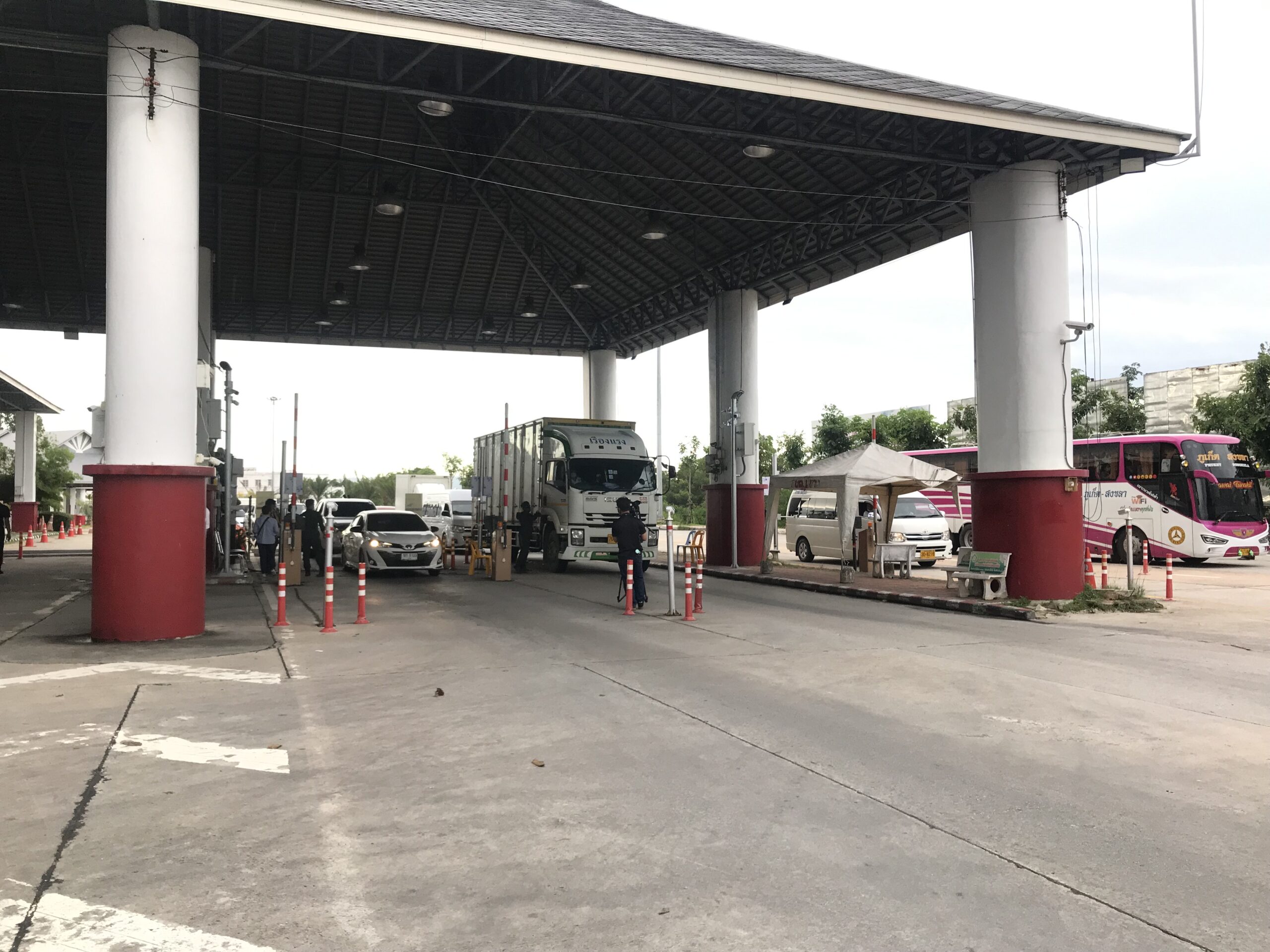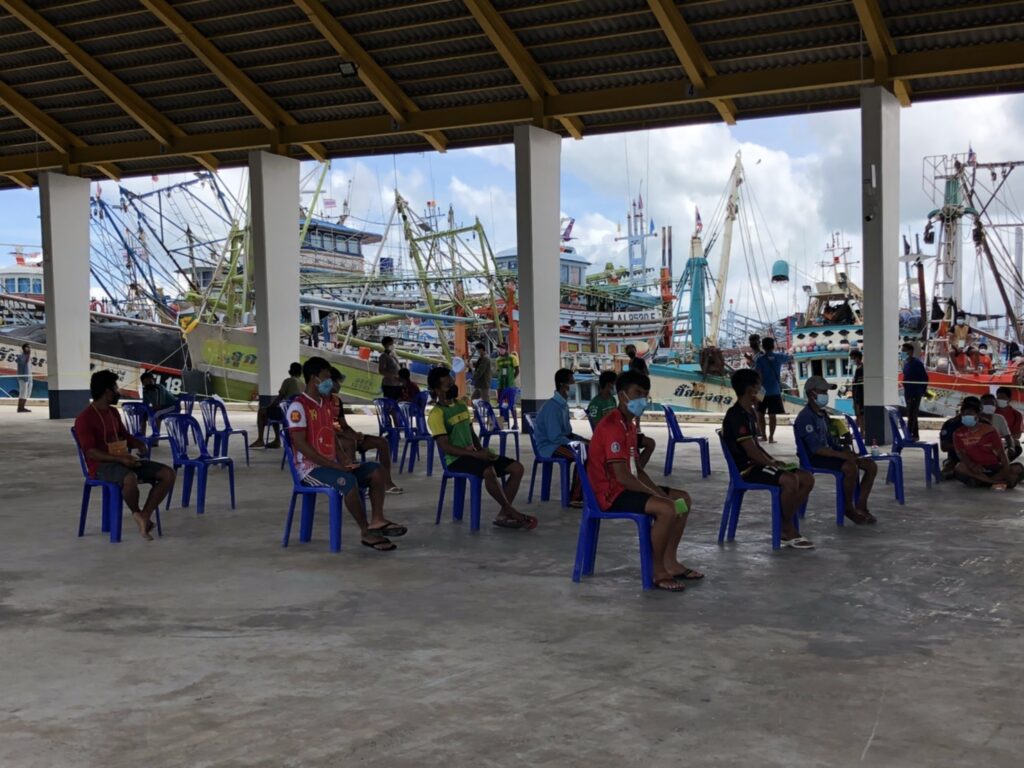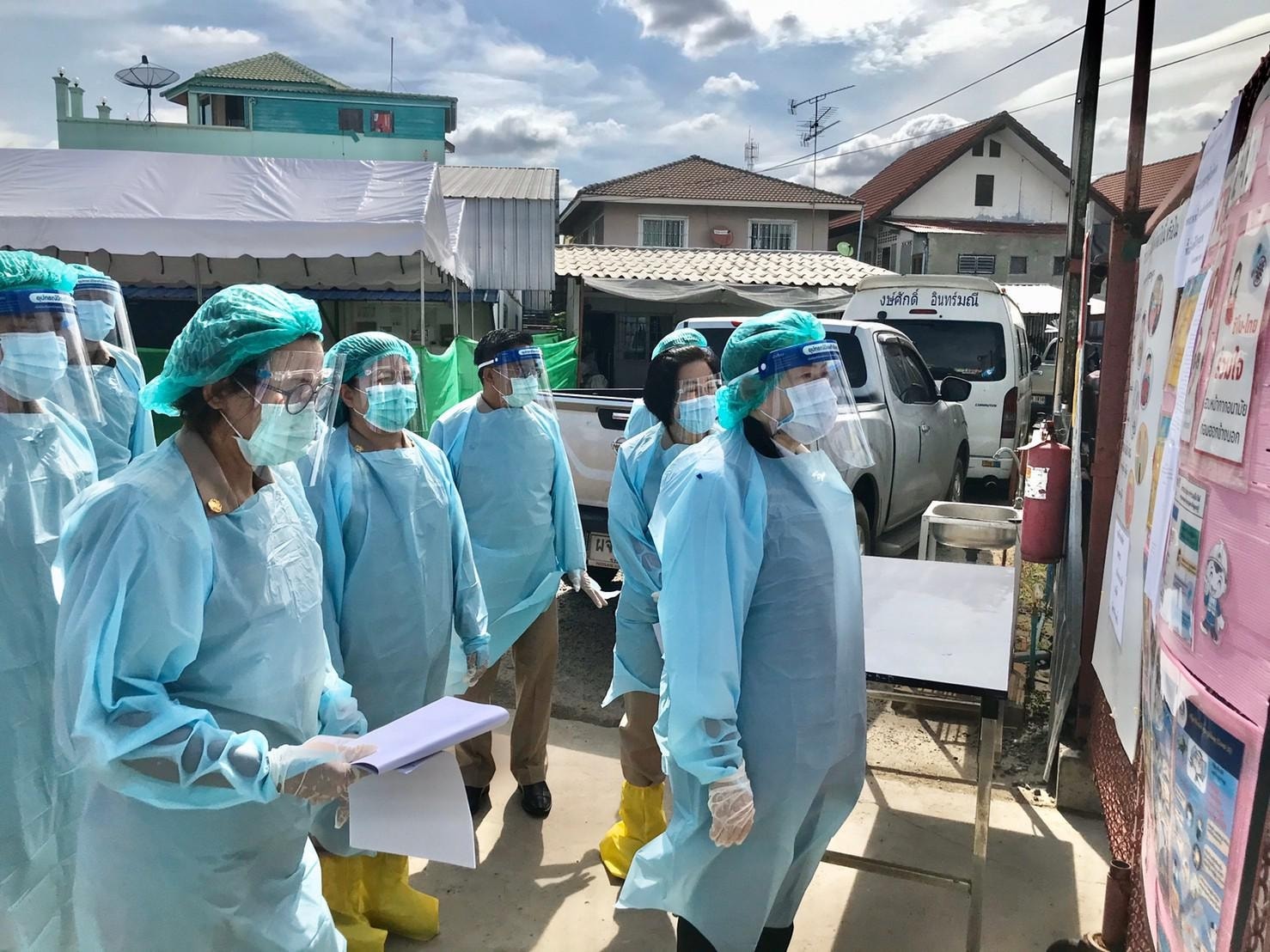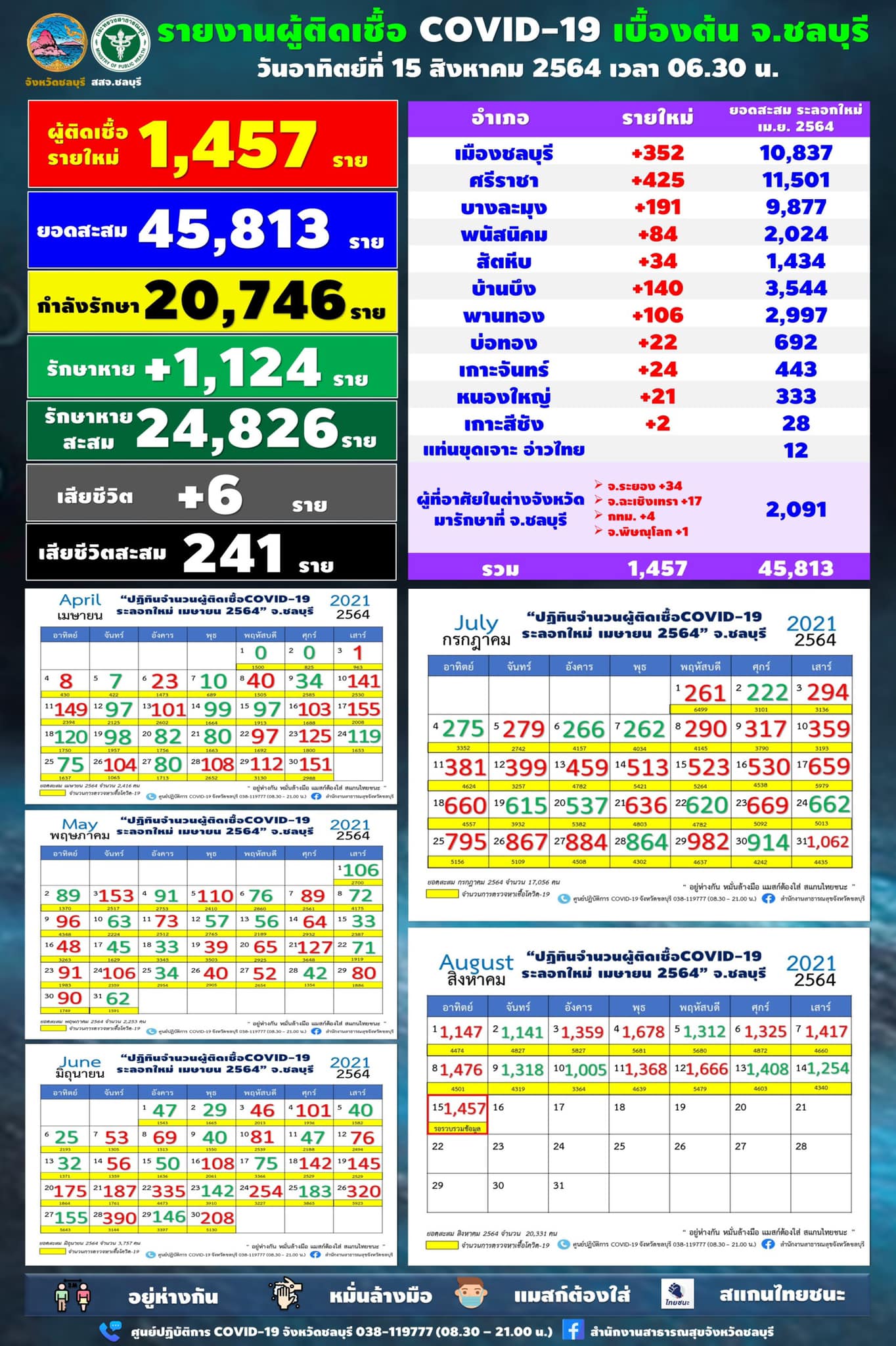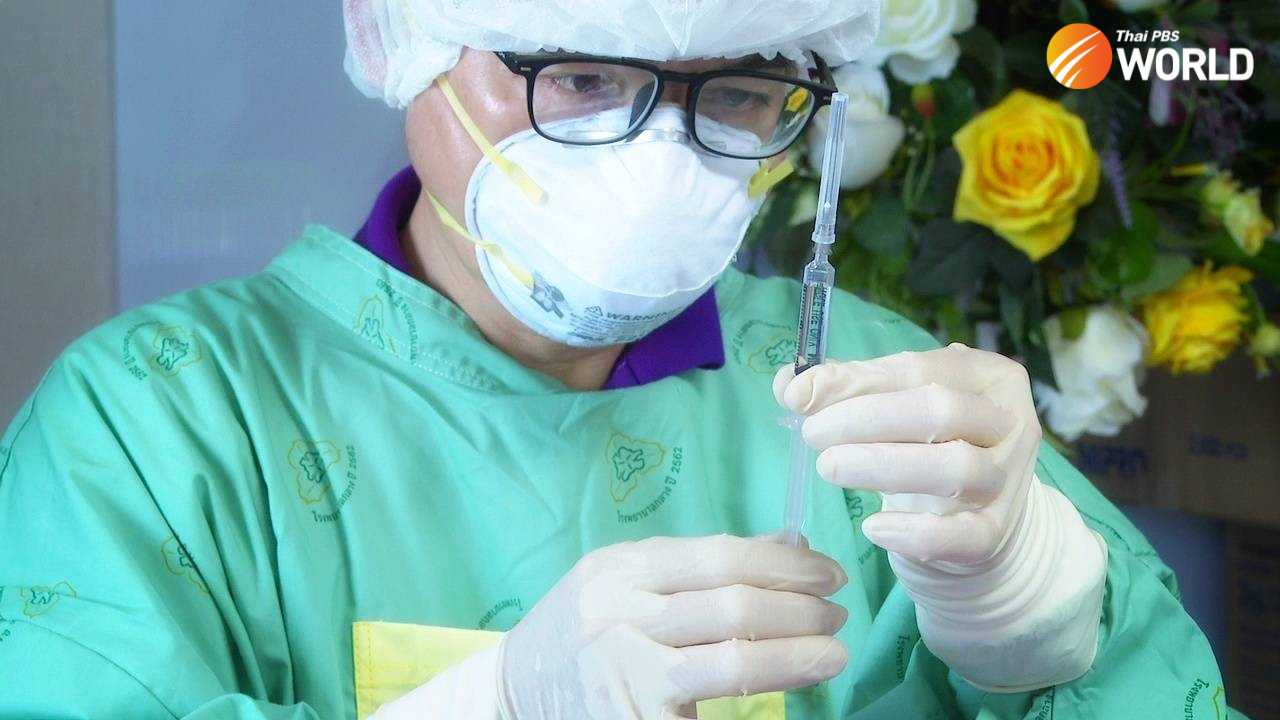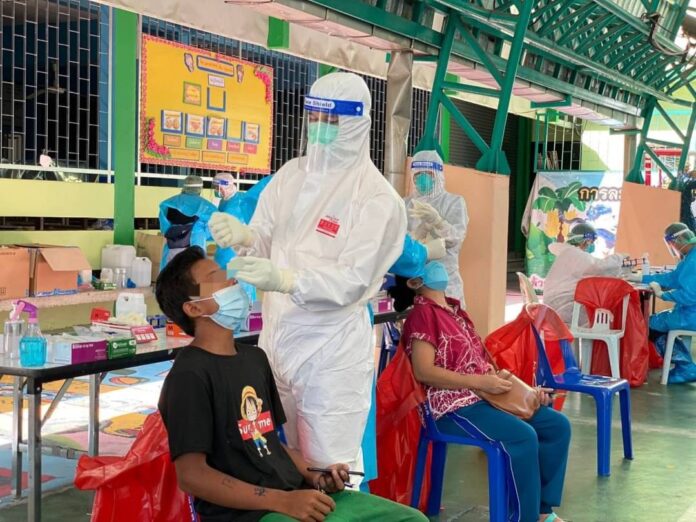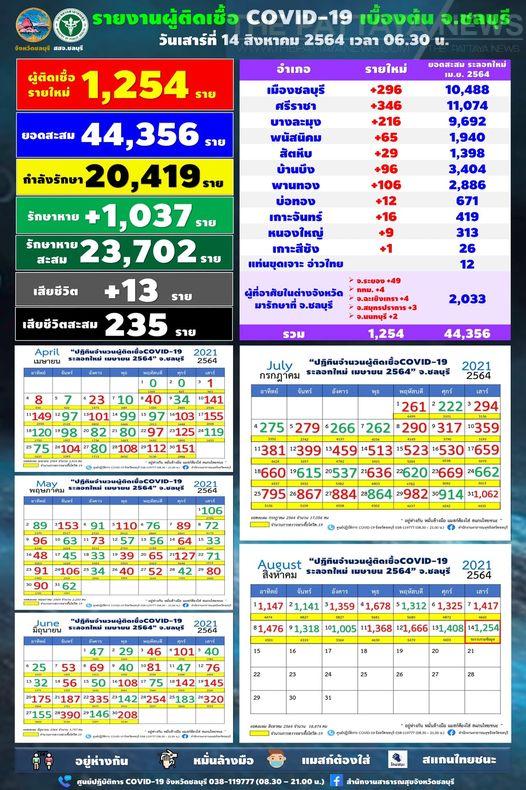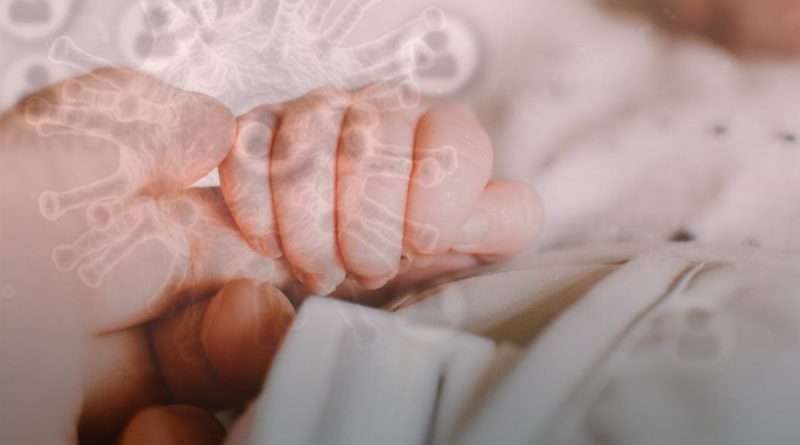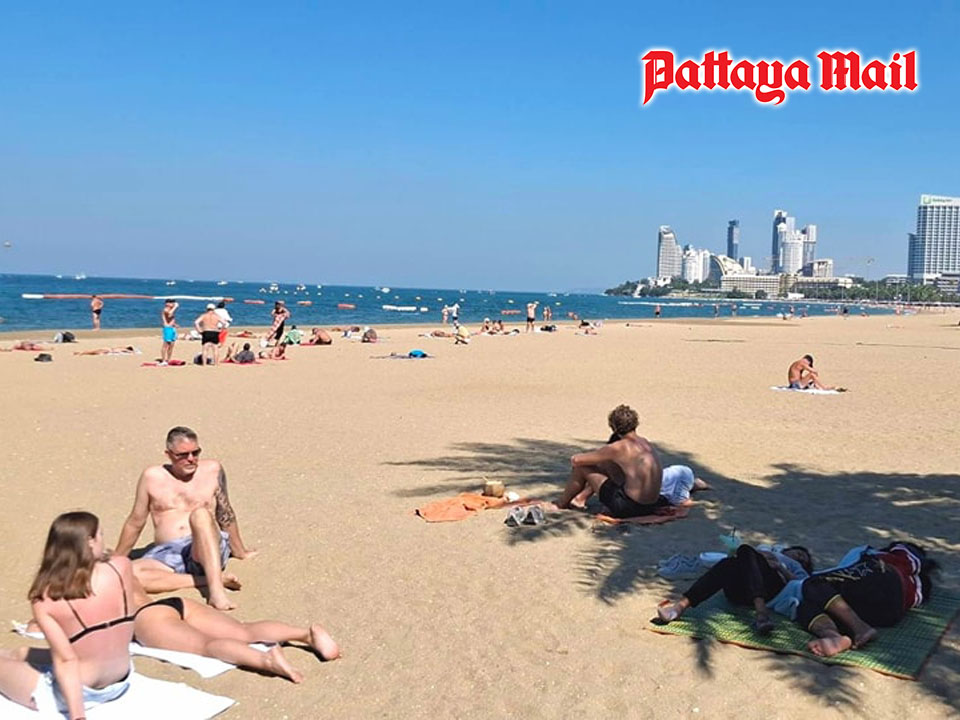The government's slow vaccine procurement has left Thailand lagging behind many countries – including its own neighbors – in the global race for COVID-19 jabs, say critics.
The economic think tank Thailand Development Research Institute (TDRI) recently showed that six countries with economies comparable in size to Thailand's managed to acquire vaccines at a faster rate and in larger quantities than the Kingdom.
According to the TDRI, Indonesia, Malaysia, Philippines, Singapore, Israel and Brazil all achieved their procurement targets by using a variety of channels, and not relying on a single government-appointed vaccine committee as in Thailand's case.
Their success was achieved through diplomacy, leveraging their geopolitical positions, and involvement of the private sector, the TDRI article says.
What others did
Indonesia took part in a clinical trial by Chinese manufacturer Sinovac and in return received its first 3 million doses as early as last December. The Indonesians also used diplomatic channels to secure more than 200 million doses from seven vaccine manufacturers, including AstraZeneca, Moderna and Pfizer, the TDRI report said.
Malaysia began approaching eight major vaccine manufacturers in October last year. The flexible structure of its procurement committee is also a plus, TDRI researchers say.
The Philippines has allowed both its private sector and local administrative agencies to procure vaccines, under the government-guided vaccination rollout. The country's Department of Foreign Affairs also played a supporting role in talks with manufacturers and governments of vaccine-producing countries.
Singapore began procuring vaccine as early as April last year, not long after the COVID-19 pandemic started. The island state offered to pay high prices for vaccines at early stages of development since it could afford the risk. Also, Singapore permitted its private sector to select and procure vaccines.
Brazil began placing orders for COVID-19 vaccines before last November, as the country was hit hard by the pandemic. It managed to reach deals with seven manufacturers to supply more than 400 million doses.
Israel started its vaccination campaign as early as last December, thanks mainly to special terms in its contracts with vaccine manufacturers, particularly Pfizer-BioNTech.
It offered almost double the price paid by the European Union (€12/Bt468) for each dose of BioNTech-Pfizer vaccine. The Israeli government also agreed to provide weekly data from the vaccination campaign to vaccine manufacturers, including infection and vaccination numbers, as well as patient demographics such as age and gender.
Moreover, Indonesia, Malaysia, Philippines and Brazil have received vaccines under the World Health Organisation (WHO)'s global COVAX programme. Thailand only decided to join the programme last month.
COVAX's initial goal was to provide 2 billion vaccine doses to poorer countries in 2021, and another 1.8 billion by early 2022. So far, however, fewer than 100 million doses have been delivered.
Short of targets
Thailand's low infection rate for most of last year is one possible explanation for why the Kingdom was not as keen as hard-hit nations to secure vaccines early.
However, when an outbreak hit Samut Sakhon in mid-December, the government was forced to act quickly. The first delivery of China's Sinovac arrived in February, a month or two after most of the six countries got their first supplies. Thailand's mass inoculation began in early June.
In total, the Kingdom has 105.5 million doses ordered for this year, and another 120 million doses for next year.
As the region's manufacturing base for AstraZeneca, Thailand also has an advantage over countries like Singapore, Philippines and Israel which have no such facilities. However, the output of AstraZeneca's domestic manufacturing partner, Siam Bioscience, is still falling short of initial targets.
Previously, the Thai government said it expected to acquire 61 million doses of domestically produced AstraZeneca this year, or 10 million doses per month. But comments in a letter from AstraZeneca revealed that it had offered Thailand only 5-6 million doses per month. The drugmaker also cited "complicated" production in the early stages of a new supply chain.
Apology for delay
Thailand's National Vaccine Institute (NVI) recently apologised for the slow procurement of COVID-19 vaccines despite high demand amid a surge in daily cases.
The NVI launched talks with AstraZeneca in August last year, when the vaccine was being developed by Oxford University, but it took time for the procurement plan to clear a series of legal obstacles, said NVI director Dr Nakorn Premsri.
First, the Public Health Ministry had to issue a ministerial regulation under the National Vaccine Security Act to allow the NVI to place advance orders for vaccines that were still in the research stage.
Also, procurement plans had to be finalised by a national vaccine procurement committee of experts and agencies, headed by the permanent secretary of the Public Health Ministry.
The law stipulates that COVID-19 vaccines can only be purchased through five agencies — the NVI, Department of Disease Control, Government Pharmaceutical Organization, Thai Red Cross Society, and Chulabhorn Royal Academy.
Vaccine diplomacy revived
Vaccines are regarded as the only weapon capable of ending the global pandemic. However, procurement has proved problematic as countries around the world compete to secure the largest volume possible to get their populations immunised.
This situation brings geopolitics and so-called vaccine diplomacy into play, analysts say. China and Russia were among the first countries to launch vaccine diplomacy by offering low-cost or donated doses to other countries. However, Western countries including the US have since increased their vaccine diplomacy efforts and have been some of the biggest supporters of COVAX, both financially and in contributions of doses.
Since new waves of COVID-19 started last December, Thailand has received vaccine donations from China, Japan, the US, and United Kingdom.
Some view this trend as the rebirth of "vaccine diplomacy" waged by the US and Soviet Union over 60 years ago as the world fought polio.
However, wealthier nations have still secured vaccines earlier and in greater quantity than their poorer counterparts, with Africa notably lagging with a low percentage of people inoculated. Amid reports of vaccine hoarding by some countries, WHO has asked rich and middle-income nations to delay their third COVID-19 shots so that people in poorer parts of the world can receive their first jabs.
The resurgence of vaccine diplomacy has sparked accusations that world powers like the United States, EU, Russia and China are using donated jabs as a tool to win over countries.
"Vaccines have become another weapon to wield in the geopolitical struggle," said Rafael Vilasanjuan, a board member of the Global Alliance for Vaccines and Immunisation.
Observers also pointed out that the US's recent vaccine donations coincided with its weapon sales to Taiwan and Thailand and a military agreement with the Philippines.
By Thai PBS World's General Desk

